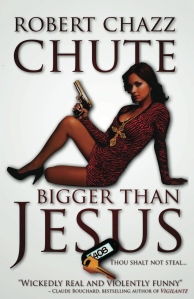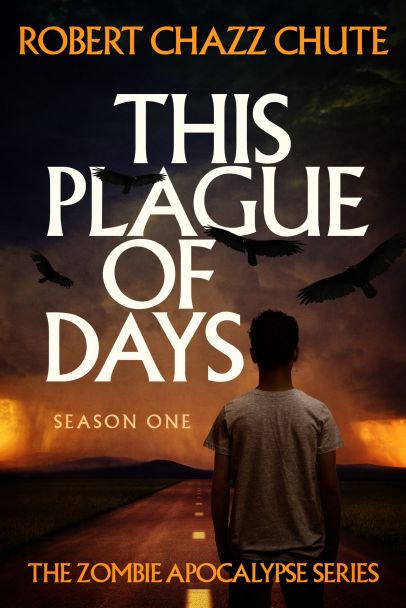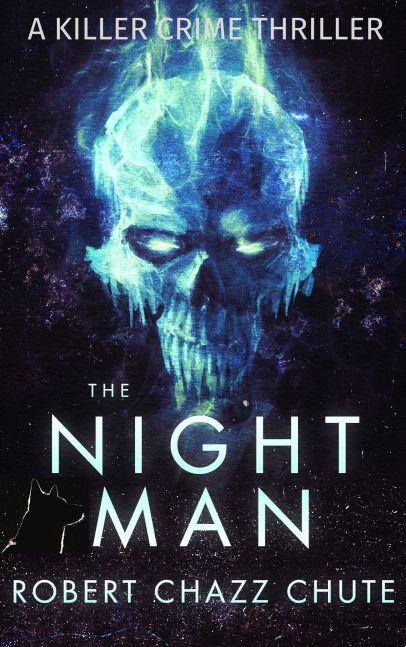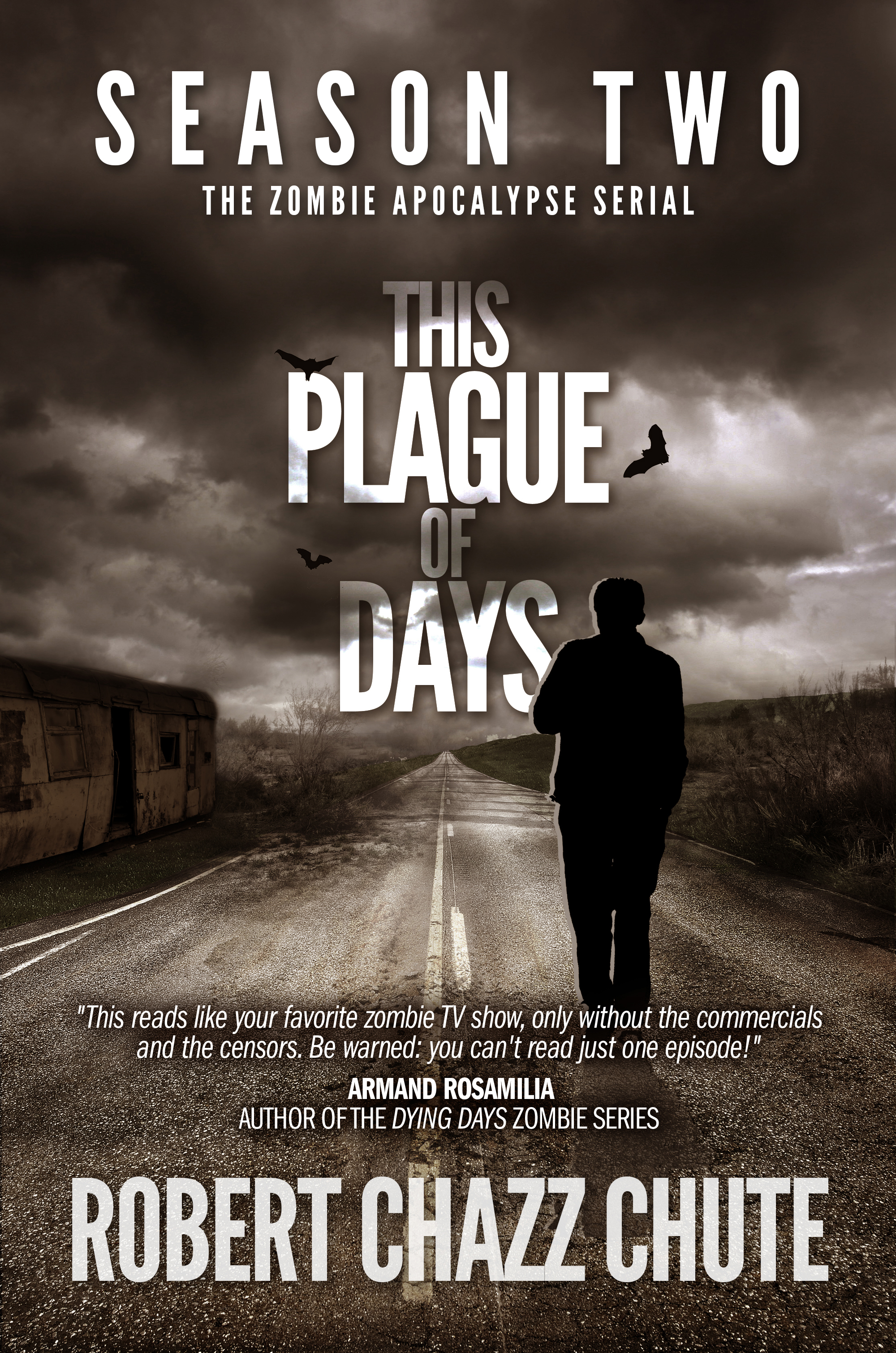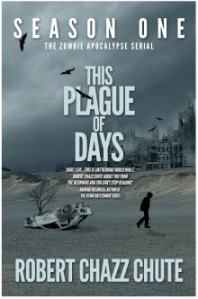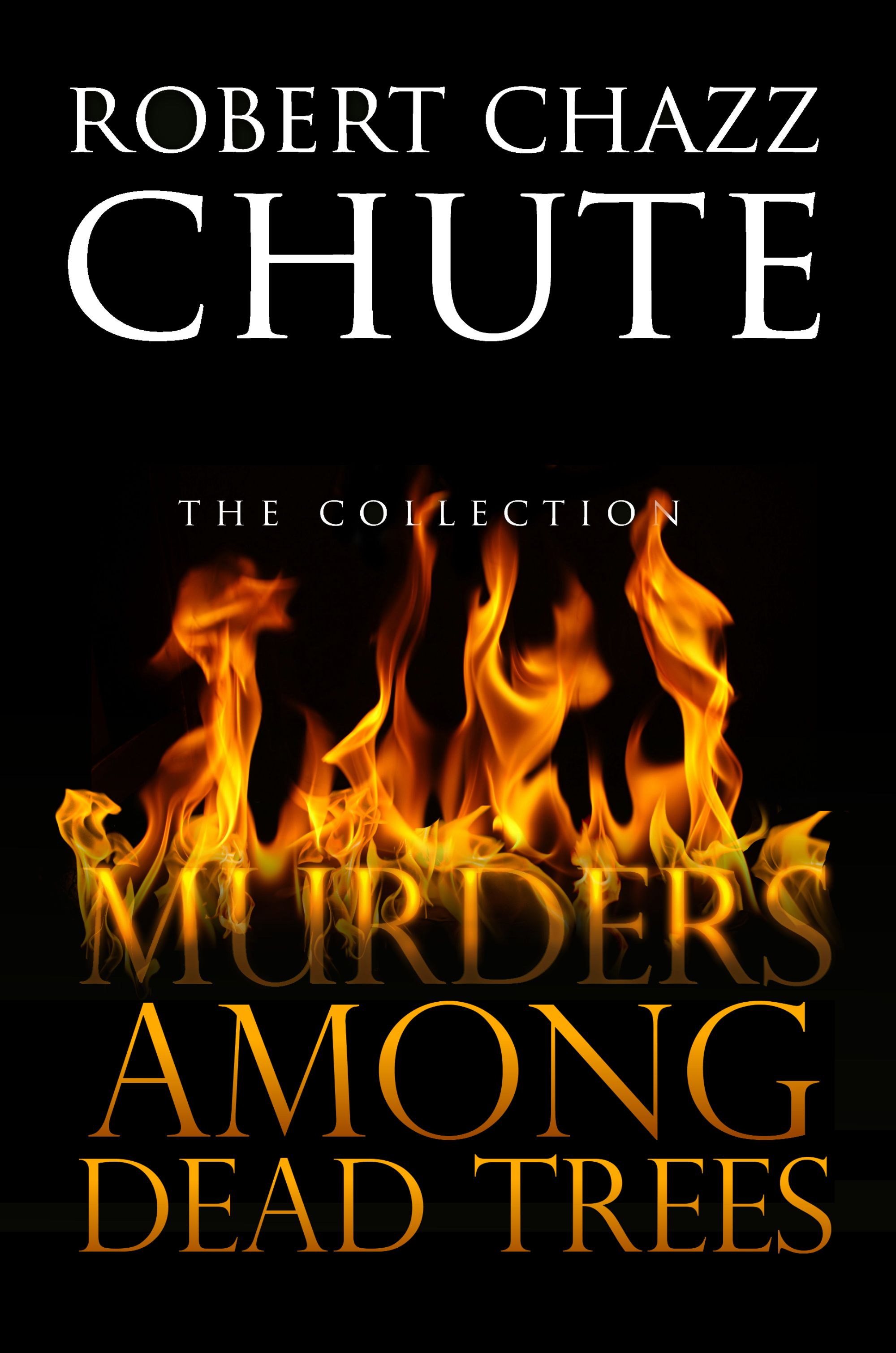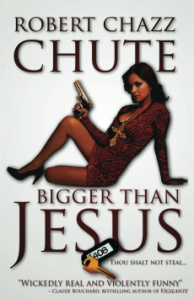There is a myth a few really believe. It is the Myth of Originality.
Let’s pop a bubble. There are no new stories. I’ve seen a few stabs at a truly new story, of course. Those experiments are often bloody awful and unrelatable adventures amongst amoebas dwelling in the rings of Saturn. Screw amoebas.
Plots round the same bases all the time:
1. Good versus Evil.
2. Boy gets Girl (and variations thereof).
That’s okay. When a reader complains a story is unoriginal, they probably really mean that it is derivative. Unoriginal and derivative are two different things. It’s derivative if it overshoots homage, feels too much like something familiar while falling short of plagiarism. No story fails on unoriginality alone or all movies of the last few years would be failures.
What readers want is originality in execution, a unique voice and an uncommon angle or viewpoint. You’ll either give it to them or you won’t, but don’t be a weathervane, spun by the whim of the latest review.
This Plague of Days, my apocalyptic saga, has been criticized because it started out in one plausible place and ended in another, rather magical place. That place is not derivative. It is merely unexpected and I make no apologies. I confess, I’m a little flummoxed by folks who find zombies plausible but roll their eyes when vampires show up.
Anyway, why should I apologize? The reasons given why a few don’t like my story choices are the same reasons the majority love it. If, amongst the action, we take a chapter to deal with the origins of good and evil in the universe, that’s my choice. The metaphysics chapter is my favorite…well…that and the many chapters where a horde of the infected attack Wilmington, Vermont.
Write for you, the writer.
If it doesn’t sell, that one was always just for you. At least you’ll be happyish with it. If you write for the crowd you imagine, you’ll often write for no one. Some people manage it well. They make a good living writing similar books and plumb expected veins. If that’s you, you do you and I won’t complain if you’ll let me do my thing, too. In fact, congratulations and good for you!
For instance, I don’t read Dan Brown, but millions do and they love his work. I bet he achieved that by writing for himself. Yes. Let’s not be cynical. He’s not writing by committee and poll and he’s entertained millions. Consider JK Rowling, too. Harry Potter started a copycat industry, but what she was doing wasn’t popular when she began. She wasn’t chasing a market. She was chasing her dreams despite being told by so-called experts that children’s literature would never give her a big payday.
Follow your vision. As we say in the snowbound depths of Canada ten or so months of the year, “Break trail. Ride that moose!”
The Feedback Tightrope
I’m not advocating that anyone operate in an echo chamber. I do get feedback from beta readers and I’ve altered choices because of that valued feedback.
However, some people seem to think they should have more input into those choices. “I wouldn’t have written it that way.” To which I say, “Go write your book. I wasn’t trying to read your mind through a time machine when I wrote mine.”
The Statute of Limitations
I’m not going to give you solid numbers on what or when anyone can use a recognizable device again. There is no number. All I ask is reasonableness.
If This Plague of Days feels too much like The Stand to you, my reply is:
1. Thank you for the compliment! I love The Stand and it’s a big favorite among Stephen King fans. I’m not copying it but I recognize the similar elements, sure. I regret nothing.
2. “Similar elements” does not equal derivative. My characters are unique. It’s a different story in the same genre, that’s all.
3. The Stand was published in 1978. If not now, when am I allowed to write This Plague of Days or any other book that has any commonality with any other book you’ve read? Keep in mind that I’m almost fifty and not as fit as I should be. I can’t wait forever.
About Unconventional Choices
1. My crime novels are written in second person. Recently I read some twit announce that no book written in second person could have literary merit. Ev-er. “Too much you, you, you,” I guess. And yet, first person is all “I, I, I…” Somehow, we manage to soldier on with our lives and no link has yet been found between second person POV and killer tornadoes.
2. Bright Lights, Big City was published in 1984 to great acclaim in second person POV. Another author, (me, for instance) will get permission to use that POV again…when? From the curmudgeons? We’ll never get permission, so I’m not asking.
I need no one’s permission and neither does any writer.
That felt daring and liberating, didn’t it? But really, what’s the point of being in charge of what you publish if you can’t steer the ship where you want to go? Nobody gets into publishing for their health or to be safe. If you want safe, get into an industry that’s too big to fail: guns, drugs, banking, sugar, corn syrup or manufacturing lies for politicians.
The danger
I know this sounds dangerously close to the “I’m not here to make friends,” defense. (That’s what mean people on TV pseudo-reality shows always say. That and, “I’m not a dick, I’m just brutally honest.”)
Not every reader will agree that you should ignore them and simply follow your instincts when you write. They’ll punish you by not buying your next book. But really, is your autonomy and vision for sale for a couple of measly bucks? Is that the whorish vision of yourself you really want to embody? I doubt it. Besides, you’ll flourish when you write what you love. Follow your love and you’ll write more books. Only hacks write what they hate.
I’m not looking for 10,000 true fans by trying to be what they want.
That’s a moving target, and fickle. I’ll be me. Surely, somewhere out there, there are 10,000 people who are enough like me that they’ll dig what I’m doing. Right? Right? Oh, dear gawd! (Shoulda gotten into running guns and drugs for lying politicians!)
Doesn’t matter. I only know my mind. I’ll write for that audience and hope you appreciate my flavor. It’s okay if you don’t, by the way. No one is drafted into my army. I only take volunteers and my people do not clutch pearls or get the vapors easily. We’re here to escape the status quo, take the world and bend it to our will. Or fail. But we’re not here to be pushed around.
If I’m wrong, I’ll be wrong but happyish.
~ With the loss of a treasured friend, I had a tough week last week. It’s not really getting easier. One thing that has provided some solace is the number of people who have wished me peace here and on Facebook and Twitter. In my grief, I wrote. So many readers responded with kindness. I appreciate it so much. Thank you again.
Filed under: author platform, My fiction, publishing, Writers, writing tips, authors, autonomy, books, defiance, derivative, publishing, This Plague of Days, writers, writing













 dramas first responders face (and even took a fun quiz about ’80s music as a bonus, so have a listen and play along.)
dramas first responders face (and even took a fun quiz about ’80s music as a bonus, so have a listen and play along.)